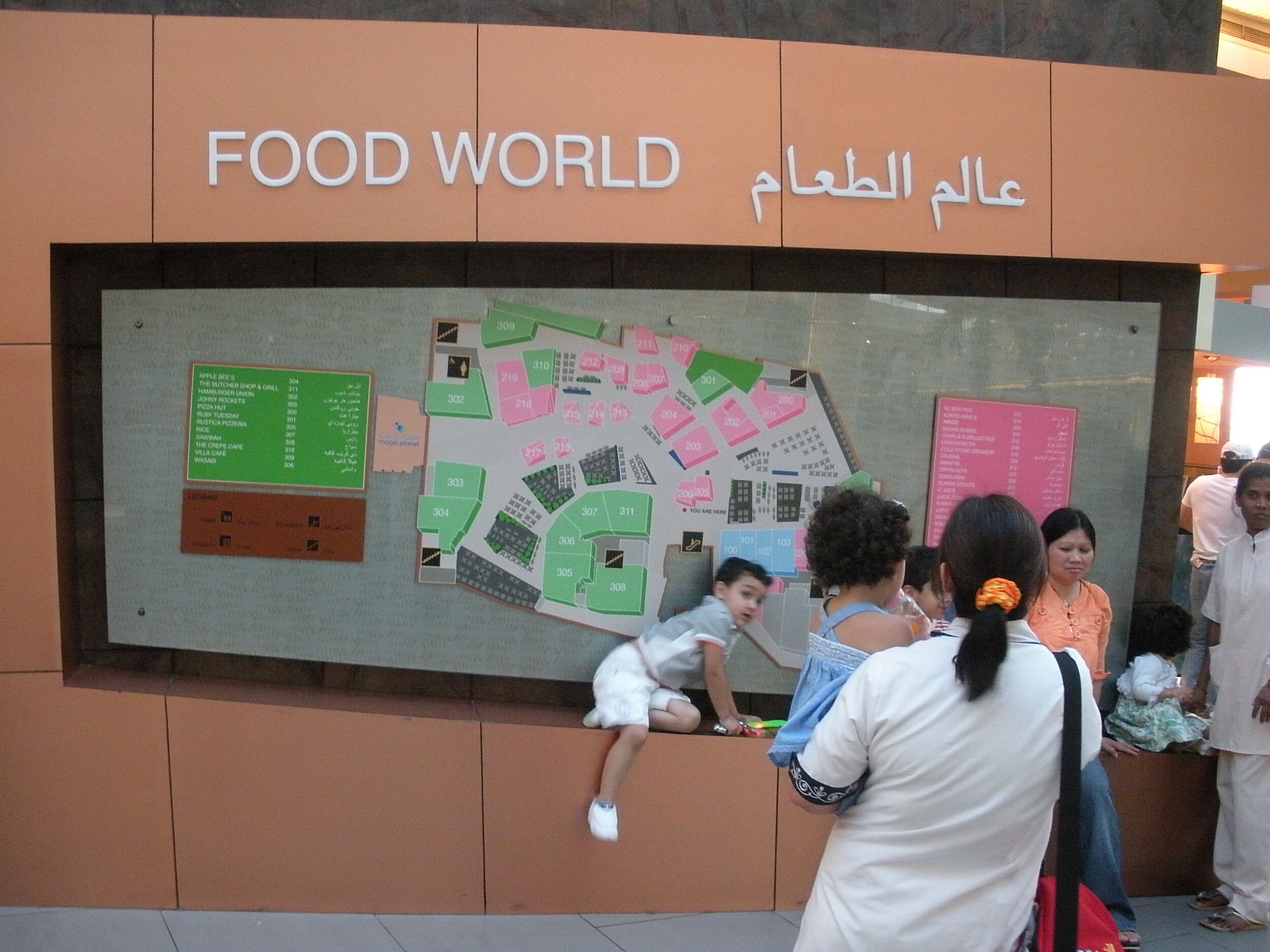Labor identity politics in Kuwait
[2013]
With support from the India China Institute, I spent three weeks in Kuwait City to investigate the housing conditions of migrant laborers. For the approximately one million Kuwaiti people living in this land, there are about three million foreign workers. Workers are granted entry to the country according to the laws of Kafala —a Bedouin custom of granting hospitality to travelers. Today, Kafala works more like modern slavery. The Kafala laws require every foreign worker to have a sponsor (kafeel) who provides an exclusive work contract and holds workers’ passports. When laws are this severe and inflexible, they are often oppressive. I visited different worker housing typologies including corporate labor camps to informal, urban settlements, like called Jleeb al Shoyukh. Because of poor sanitation and overcrowding, Jleeb has become one of the epicenters of the COVID-19 outbreak and subject to racist attacks and stigmatization.
Tools.
Ethnography
Site documentation and analysis
Mapping
Storytelling
Frameworks.
Zones of exception
Informal economy
Spatial justice









